Every Accomplishment starts with the desire to try
Yolanda Gail Devers, two times 100 meters olympic champion
It’s been already two years since my last marathon in 2015 where I ran 2:42, my all time PB. I had decided at that time that it would be my last marathon. Because life without spice is not fun, just out of the blue I applied to Tokyo Marathon through the semi elite entry (2:55 requirement) and got accepted. I had a mixed feeling at that moment since it meant stopping temporarily training in mountains and going to flat road, long tempos, treadmill, serious speed work etc. But just like that I told myself “why not” but… this had to be the last marathon of my life. In order to close this chapter I was committed to train hard and make it a good one.
The Plan
First I needed to know where to start. Looking at all my performances across all distances, the marathon was my best (better than my HM, 10k or 5k best) so the natural thing to try to improve was my raw speed. To oversimplify, speed can be decomposed into 3 components: ground contact time, cadence and stride length. My ground contact time is about 190ms (Moh Farah is about 160ms), my cadence around 190, so my stride length was the thing to work on. I started with the foundation: gluteus strength, power, and endurance.
The grind
To work on my strength, I started with old school strength training. Starting with barbell squats, pushing the weight to 85kg and other other exercises targeting gluteus strength. Then for Power, I did lots of plyometrics (explosive and fast) exercises. I basically did lots of drills used by long-jump athletes. Then for the endurance part, I started with hill sprints, flat sprints, then hill repeats and 400m repeats averaging 1’12. The build up was going very well. The next step was to build my Yasso 800s (most my Padawan have experienced them: guys if you read this, I also HATE it, you’re not alone ! ). Yasso 800 is necessary (but not sufficient) to reach your target time: if you want to do a 3h marathon you need to be able to do the 800m in 3’00. With that in mind I built my 800m repeats (10 x 800m) in 2’34” average (3:12min/km pace), my fastest ever for this type of workout. Some people think that I’m a kind of robot or machine that I make it look easy. I am flattered each time I hear that. The reality is that it is all but easy. It is extremely brutal. I hate this workout. I hate it so much that it makes me feel anxious 24h before the workout. Just the idea, simply thinking about it made me feel tired and wanting to hide in another planet. Especially going out in the winter cold, when most people are still sleeping, you go out exploding your lungs alone in the dark. So in a nutshell, I’m no special. I fear and I am anxious when it comes to very hard workouts, but I’ve learnt to deal with it.
The next phase were the long intervals where I built up to 4 x 3000m @ ~ 3:30min/k and long specific marathon pace runs where I ran the full marathon distance in a mixed speed workout in 2h58min without too much difficulty. It was then beginning of December, so still early… too early…At that time I was doing 120~140km per week with 2 or 3 hard runs and strength training 3 times per week.
The beginning of the end
One morning after a hard tempo the previous day, I went out for a casual easy run. I suddenly felt a very sharp pain in between my left gluteus and hamstring, very deep inside. It turned out to be a partial tear, grade 1, of an adductor muscle (the Pectineus). I saw my world suddenly collapsing. I knew at that moment that I would be forced to stop running for a while, loosing my base, my speed and my muscle endurance. The end of a dream. All of this hard work that I had been building for weeks, all the hardship and lonely grind thrown out of the window in just one blink of an eye. The marathon does not forgive, there are no miracles. I had a similar episode in 2013 when training for Seoul marathon where I was forced to reduce my mileage by 70%. I ended running my personal worst, exploding at 20k. This injury though came without sign, it was very sudden. I was out of duty from mid December to mid January, a good 5 weeks. Although I was able to maintain my central fitness by training on the elliptical trainer, my peripheral running fitness took a serious toll (muscle endurance from pounding, connective tissues, ligaments specific to running). How can you tell you are lacking peripheral fitness and not central fitness you might ask?
You can especially feel it when running a marathon where your capacity to sustain a pace depends more on your muscle endurance than your oxygen consumption (like a 5k). When you run a marathon and you have to slow down despite breathing normally and easily because your legs are in pain, then that’s peripheral fitness you are lacking of. Your legs won’t go faster no matter how hard you try. However, when you have a strong peripheral fitness, on par with your central fitness, you are able to push to the limit of your oxygen consumption for that given distance (that’s how all the race time predictor work). Peripheral fitness is built with volume (mileage) and intensity. A good mix of both. When your peripheral fitness is lagging behind, this is when the legs shut down before your breathing becomes hard (rings a bell anyone?). A good and famous real life illustration could be Lance Armstrong ‘s example. He is known to have one of the highest VO2max on the planet ( central fitness). However when he tried to run his first marathon (New York) in 2006, he ran it in 2:59.36 and described as the “hardest physical thing” he had ever done.
Stubborn?
From mid January I was able to resume running with some speed (not faster than marathon pace, anything faster was too painful) The worst thing when injured is that you have very little control on the healing time. It is very frustrating, you see the clock ticking, the days goes by and it’s a race against the time. I had just 6 weeks left, with 2 weeks of taper which means 4 weeks of training… with a base and speed endurance significantly reduced. In the end I only managed to reach 100km once, with one 30km specific long run (20k at goal pace). That’s 50% less compared to what I did two years ago. As my injury was constantly present my form got affected and changed unconsciously, and I started to have pain at random parts of both my legs and feet. My chances to run a PB were getting extremely thin. But I still wanted to do my best and see what I can get, to take it as an unplanned obstacle and trying to deal with it. The plan B was to run under 2:55 to qualify for the semi elite field of Tokyo Marathon 2018. As a type-A person, I tend to be result oriented but I’ve learnt over the years that learning how to enjoy the process is what takes us to the finish line and makes us stronger. I have gained and learnt much more from my failures and mistakes than from my successes. This is the reason why I was motivated not to give up and give all my best during training despite the odds: I will be able to extract some lessons and learn how to improve for next time. “Failing” is not a failure if it can teach me something, I was prepared mentally to fail in order to gain knowledge. So I made everything I could, that was under my control to run my best: diet (56.7kg on race day, no chocolate), sleep ( 7~8 hours on a regular basis), and training…with half the volume and half the intensity, this was all my body could take, this was the big question mark left for the race…
The race
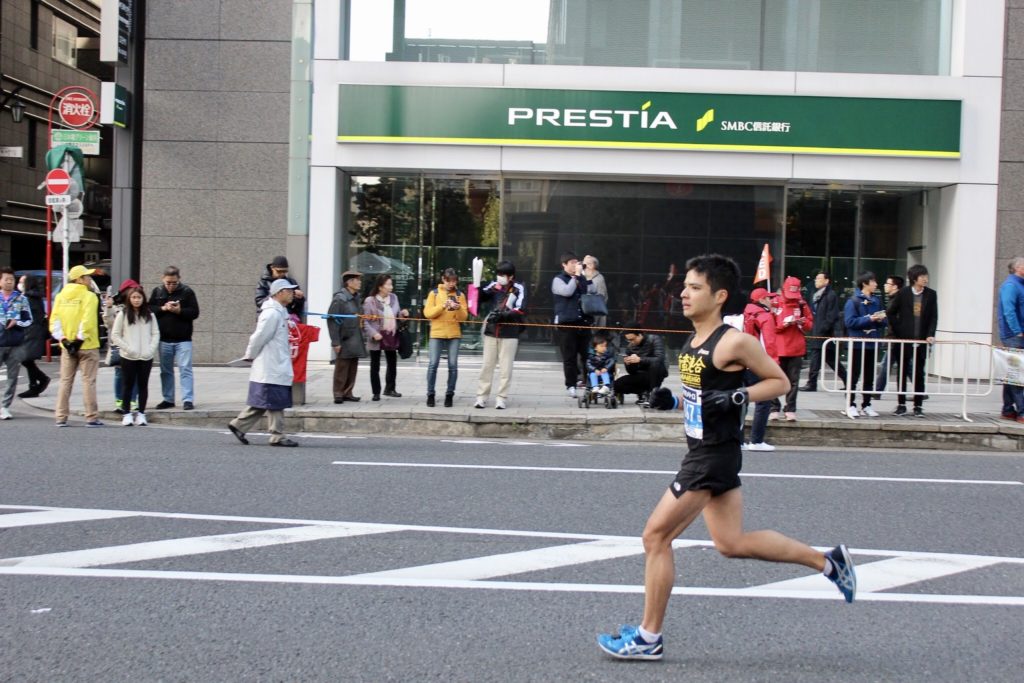
The key for me as I tell all my athletes is to have a feeling of holding back during the first 5km. If you feel good, chances are that you are going too fast already. You should feel like you wish you can go faster but you refrain to. My first 5km and second 5km were very even, 19:33 (~3:54 pace = 2:44 marathon). I felt very easy, nose breathing mostly, very relaxed, my central fitness was at its top, actually during the entire race I was nose breathing mostly. People were telling me “You looked very relaxed”, I actually was. My peripheral fitness was lagging far behind however. Early on, from about 12km or so I sensed that if I kept that pace, my legs would explode around 30k and I would be forced to go into a death march and survival mode with a massive slow down, something that I wanted to avoid at all cost. So from 13km or so, I slowed down voluntarily – before being forced to. I eventually crossed the halfway point in 1:23:40 or so. I realized that my legs were in worse shape than I thought, I put my pride in the closet and took the tough decision to slow down a bit more, about 4:05 pace until the 32km mark where I gradually slowed down to 4:10 pace. I felt I could sustain this pace until the finish, not without pain though but doable. As I was changing my form due to a dull pain from my injury that decided to flare up, my left foot started to feel extremely sore. Each step was getting increasingly painful until the finish line that I crossed in 2:53:10, 11 minutes slower than 2 years ago, 5 minutes slower than my time in Tokyo 2012. Then we had to walk a good kilometer until the baggage. Felt like an eternity. My left foot was such in pain that I could barely walk, limping my way to get my bag.
Kung Fu Panda
Until today, I have never stopped watching animations. From Disney, to Dragon Ball and anything in between. The kid inside of me sometimes helps me see things in different angles, see the plain when it ought to be intricate, find something special when it appears bland for most, like the taste of a cake when most people think it is too sweet.

“There is just news, there is no good or bad”
“To make something special, you just have to believe it is special”
-Master Oogway and Mr Ping
For some reason I didn’t feel much disappointment, there was nothing much I could have done, and I did my best. My wifey finished her 3rd marathon that day and it was her first Major marathon. I then saw one of my Padawan, Marie, who ran a perfect race, with a perfect even split to nail a 5min PB (3:01:10) from her 7 years old previous best time with less than 3 months of very hard training. Another Padawan, Ebony, finished her first marathon after coming back from hell (she was diagnosed with anemia, trained through it for weeks and could not run for 5 weeks, and this on top of having crazy office hours, finishing every day at 11pm and working on weekends). Then Mika, a strong athlete struggling with self confidence ran her best time in 8 years on a half marathon on the same day. It is easy to focus on the dark spots, that is human nature. But I prefer to look at the bright spots. Because when I look around, there will always be dark spots, but it is my choice to see the light.
As a coach, it is such a profound and deep feeling of happiness and pride to see your athletes succeed. It is one of the most rewarding feeling to me as an athlete and coach. All my athletes are unique, all my athletes have their own weakness and strength, all my athletes are special.
Running in Tokyo always feels special, seeing familiar faces screaming your name is very unique, thank you so much to Namban people literally running all over the place to see us at multiple places, (in random order) Chiba-san, Bob, Eric, Stan, Chika, Yuichi, Rie, Yukiko K., David & Megumi, Satoshi, Matthew, Alan, Yuki, Taro, Shinobu, Rui… Sorry this is all the faces I could remember, I know there were many more of you out there cheering us, so thank you so much to all of you for coming out and make this event so special.
My finish time that day was very far from what I wanted, for what I’ve been through during the 4 months leading to it. But I did everything that was within my control to make it happen and I would not change anything if I could turn back time because I have learnt a lot. I know exactly what to change for my next marathon. I know what I can do, but I don’t know what I cannot, and for that I feel very excited. Hence I feel no regret. In running, just like anything in life, there is always more to learn. The more I learn the more I realize how little I know. When I step back and contemplate from afar, I can see more bright spots than dark spots.
“Yesterday is history, tomorrow is mystery, and today is a gift,… that’s why they call it the Present”
– Master Oogway
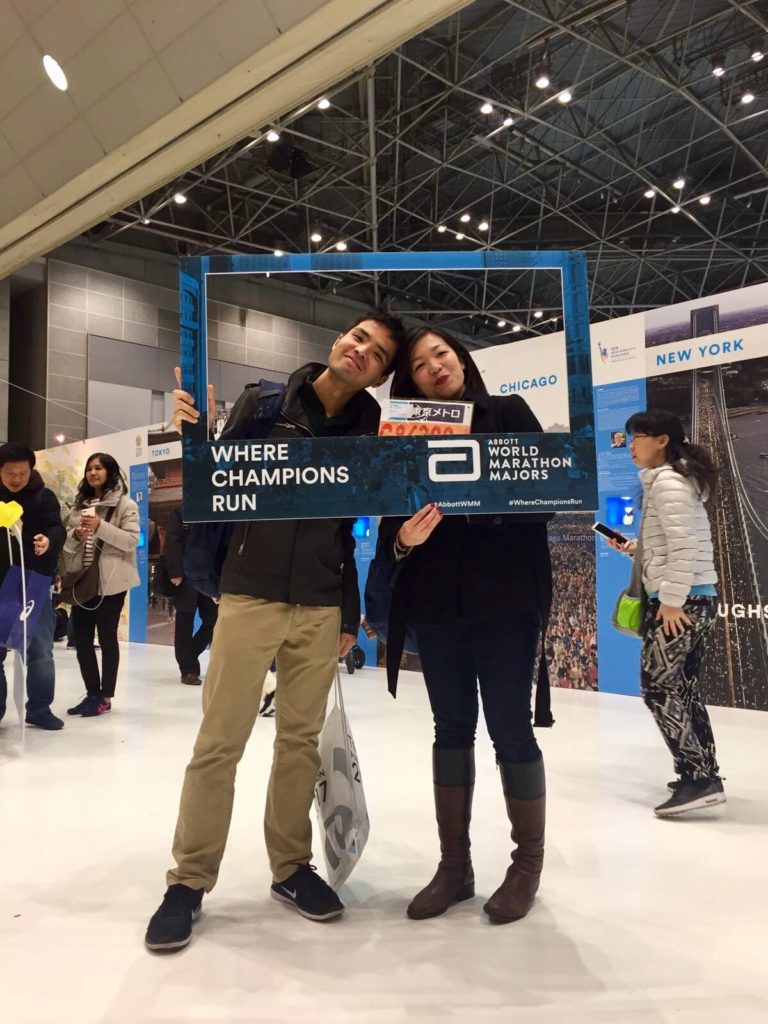
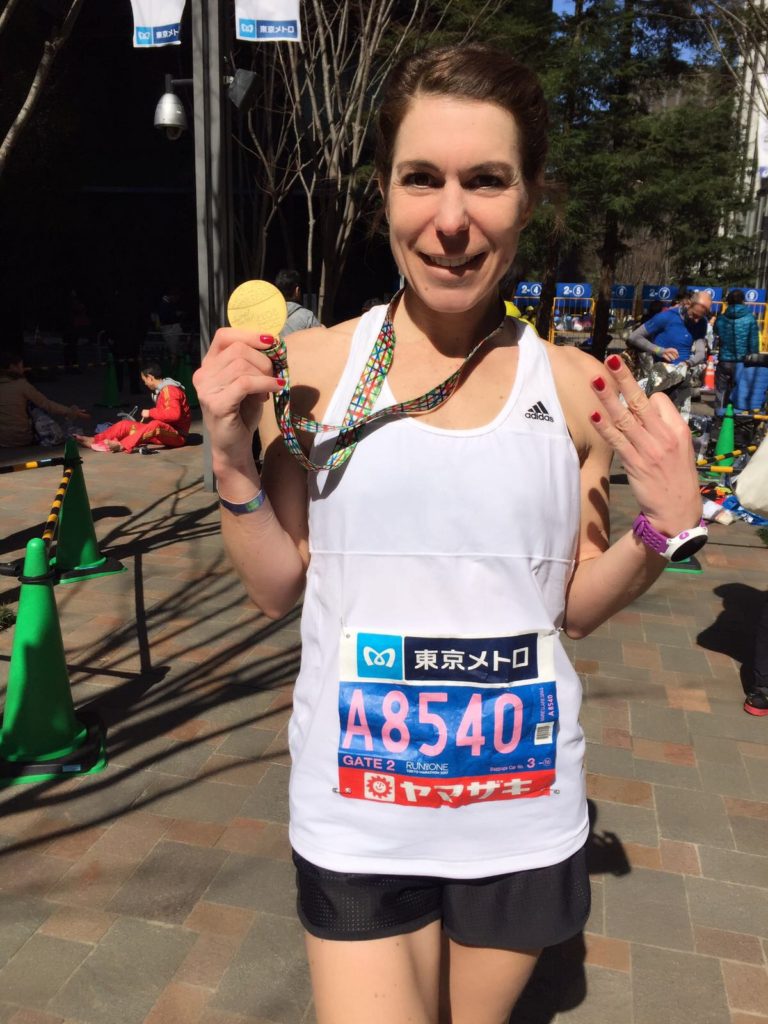
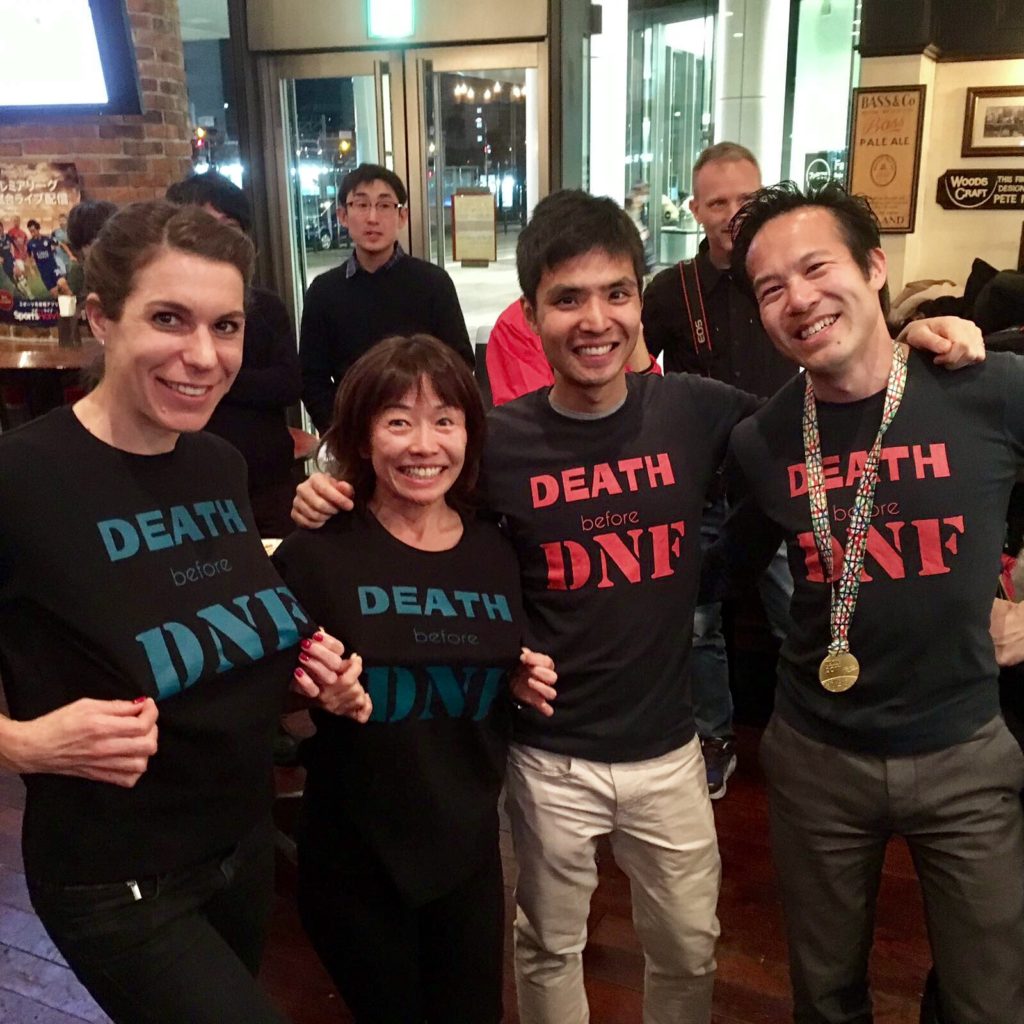
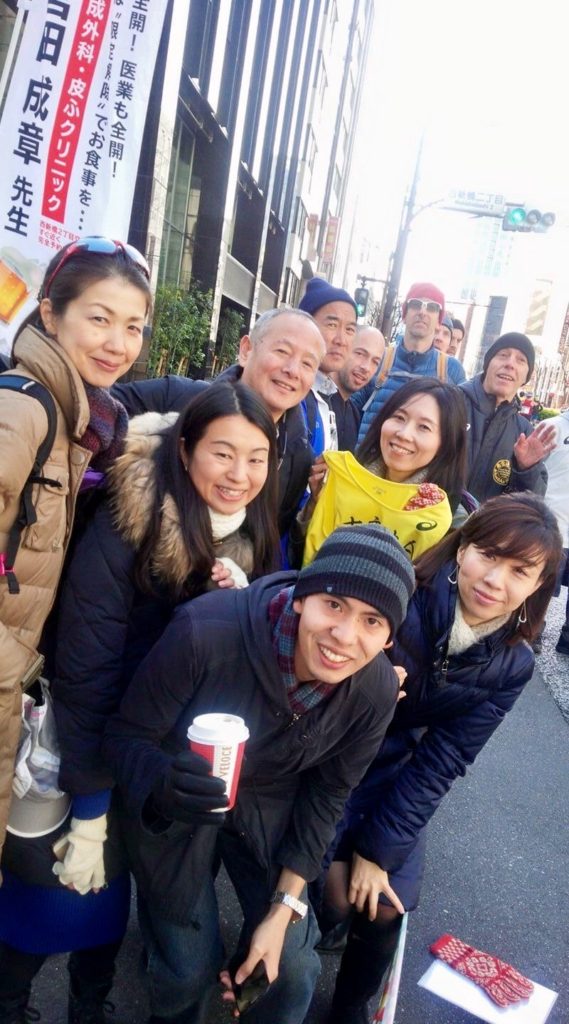
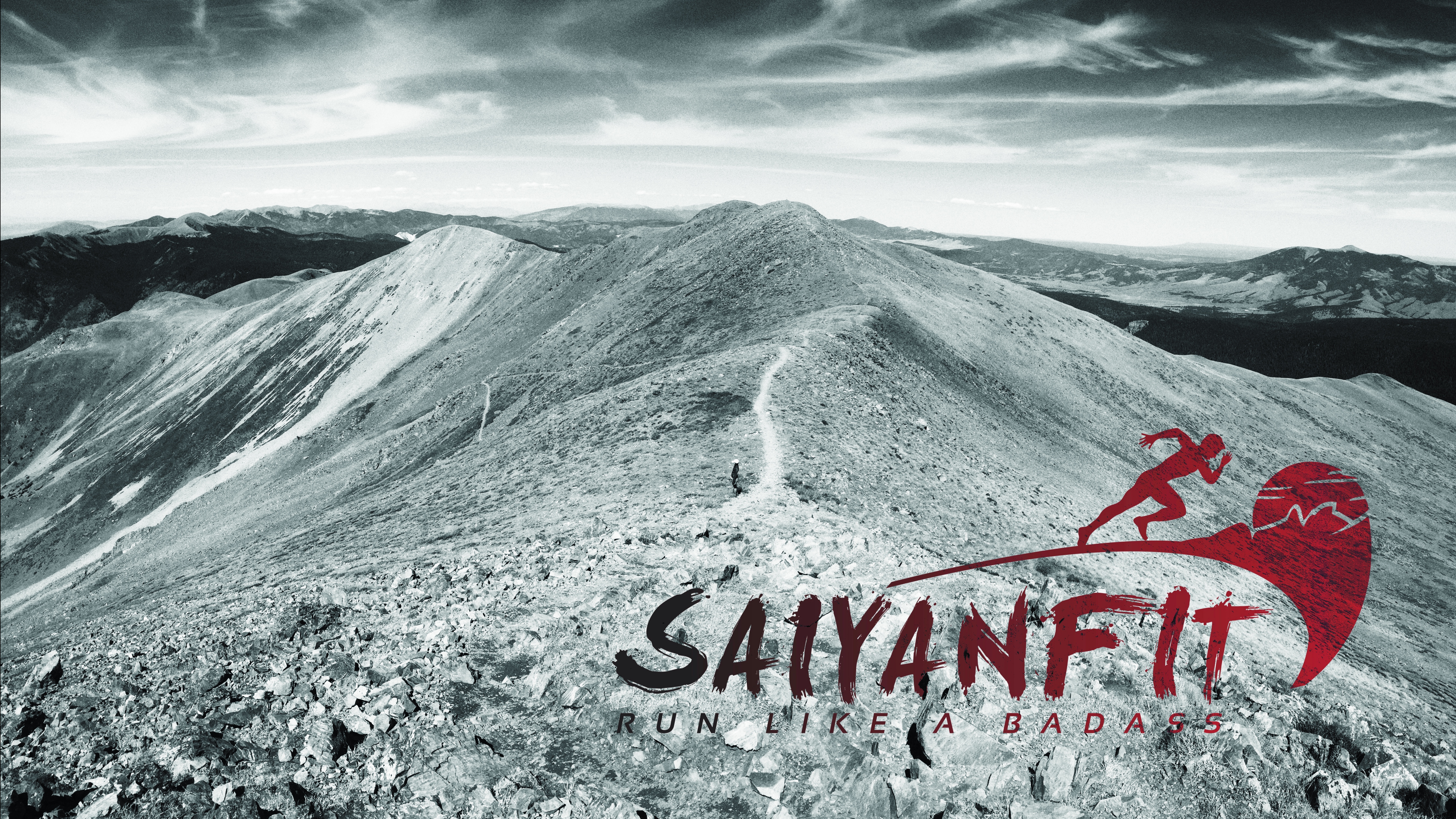
Congrats!
Great read. Congrats.
Great post Harri!! Very impressively honest. I learned a lot!
Thank you Caroline, it’s been while and I hope you enjoy running as much as you did when we were training together back in 2012 🙂
Always inspiring. Well done!
Thank you Jenene !
Another great race report Harri! And congrats for your self awareness and neing able to slow down at half mark knowing that will put you away from your PR.
Hope your injury has not get bigger now.
Thanks Philipe ! To my surprise, the injury does not seem to be worse (I hope )
Good luck in your training for your first Full Ironman in Nice !!
Great race despite your injury Harrison!
Congrats for getting the elite time for next year.
Reading your report was quite educative as far as the training is concerned. Thanks for the details.
Get well soon.
Thank you Khalfan, happy to hear that you found the report useful !
I hope you will get your sub 3 this year !!
Great post, Coach. Inspiring. Would love to get into that 2:55 bracket!
Thanks David, we’re getting there ! 🙂
Great work hanging in there for the finish. I hate that feeling of watching time goals slip away, but that’s life! Nicely done!
Thank you Jeff, wishing you good luck for Seoul, it’s a great course !